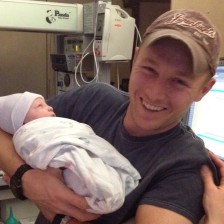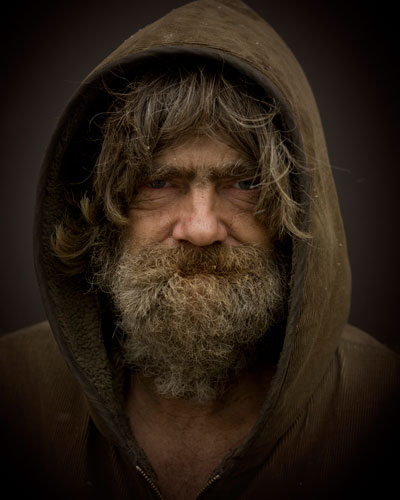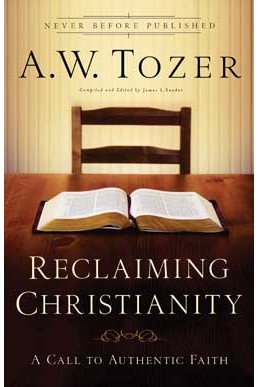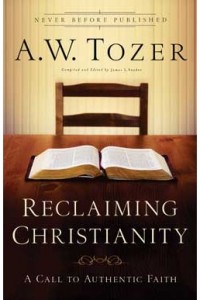 When you look at our churches and the people that attend, who do you see? What types of people?
When you look at our churches and the people that attend, who do you see? What types of people?
How ’bout when you walk the downtown alleyways, sit at that lonesome school lunch table or order your fast food? What kind of people do you see then? Are they the same group of people?
When I read through the New Testament, I get the picture that a good number of the people Jesus was walking the streets to find were the lonesome, the outcast and the oddballs — those that had been rejected, dejected and ignored.
Where this hits me the hardest is when I look at my life. It’s easy to point fingers at everyone else who has built their lives around people that make them feel comfortable, safe and loved. But when I realize that I’ve done the same, the mood turns sour. I’ve protected myself from those whom Jesus pursued most.
My dear brothers and sisters, how can you claim to have faith in our glorious Lord Jesus Christ if you favor some people over others?
-James 2:1
If you were to do an inventory on those in my life, you would find that most are friends who are independent (so I don’t need to offer much of myself), like-minded (so I don’t need to change) and successful (so I can share in their success). The sad truth is that it’s natural for me to get my worth from those around me; what they think of me, what they offer me and how they make me feel. Am I not showing favoritism when every person in my life is easy to love?
Turning the corner
So what do I do with this reality? I know that my heart and mind do not consciously decide these things, but they become truths over the course of time, as my life slips into the ravine of convenience and comfort. My first step is to acknowledge this and repent. Repentance is an old concept that means sincere remorse.
The second step would intuitively be to try harder, to be better, to love more, but I’ve learned that this isn’t the way to achieving the end goal. Instead, the root of it all lies in my source of worth. Because I receive my worth and value from what people think of me, my behavior will inevitably stem from that. So I must come to God and allow myself to be healed and filled by His love. There are areas of my life that I deem “unloveable” or “unforgivable”, but His endless love is capable of saturating even those areas.
From that full place, having received true, unselfish love, I am able to move towards those who are unloved by society — not needing anything from them, or even needing to change them in order to feel successful. Simply to extend love from the overflow of God’s ceaseless spring.
The Church of job fairs, fantasy conventions and death metal
The cultural outcast is the tax collector of our day. Somehow it feels easier to love the poor in third-world countries than it is to befriend the cultural oddballs of our day.
This may look different depending on your context, but I’m trying to picture the people that are socially rejected in our current day. They may be the unemployed or foreclosed-upon; the sci-fi convention attenders or the office janitor; the headphone-wearing punk kid in town or the shy relative. I’m really not sure who it is in your life. For me, God is revealing who that “outcast” is in my life.
I believe the sign of a healthy church is one with diversity. When I walk into a church where every member is the same, it’s good and edifying, but it’s not the best. It’s not what God intended. There is a church near Denver called “Scum of the Earth” which started as a church for the punks and outcasts who were not well-received in existing churches in the area. I think that churches would be healthier if they had a few more mohawks and homeless congregating in their foyer after the service.
Now, I’m not saying that it is wrong to have friends who share affinity with you; common interests, ability to encourage or give back to you. I’m not saying that churches that don’t have punks or trekkers running around are wrong, but I am saying that God is challenging me to take inventory on my “personal social network” and ask some serious questions. I’m also saying that if the solution comes from simply trying harder, we’re missing the mark. Instead, the sustainable solution comes from drawing near to the heart of God and allowing our hearts to break for what breaks His.
Join me in dreaming about what it would look like to live this out; in pursuit of God’s heart and in extending that love towards the social outskirts.



